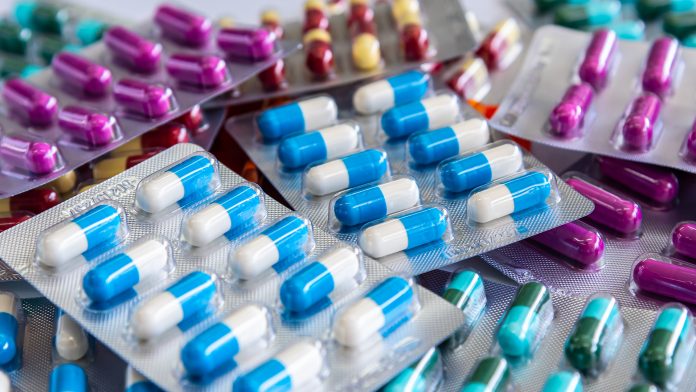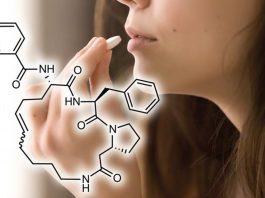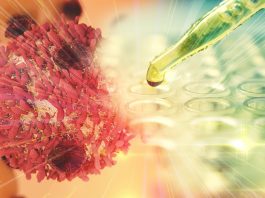Researchers from the University of Liverpool have developed a new synthetic antibiotic, teixobactin, which is more effective than established drugs against superbugs like MRSA.
A new study has demonstrated the potential of teixobactin, showing its potent activity against bacterial biofilms.
Associated with serious chronic infections in humans, biofilms are clusters of bacteria that are attached to a surface or to each other.
The study, ‘Development of teixobactin analogues containing hydrophobic, non-proteogenic amino acids that are highly potent against multidrug-resistant bacteria and biofilms,’ is published in the European Journal of Medicinal Chemistry.
New antibiotics are needed to combat antimicrobial resistance
Every year, almost five million people lose their lives due to antibiotic-resistant associated infections. Millions more people live with a poor quality of life because of current treatment failures.
In an AMR review commissioned by the UK Government, it is estimated that a further ten million people will succumb to drug-resistant infections each year by 2050.
The development of new antibiotics is therefore needed as a last resort when other drugs are deemed ineffective.
Developing and testing synthetic teixobactin
Led by Dr Ishwar Singh, an expert in antimicrobial drug discovery and development and medicinal chemistry, the team developed simplified synthetic versions of the natural molecule teixobactin. Naturally, the molecule is used by producer bacteria to kill other bacteria in soil.
The team tested different synthetic versions of the new antibiotic, optimising key features of the drug to enhance its efficacy and safety. The testing also allowed it to be produced inexpensively at scale.
An important step in adapting the molecule
In the latest study, the team designed and synthesised highly potent teixobactin analogues but swapped out key bottleneck building block L-allo-enduracididine. This was replaced with commercially available low cost simplified building blocks such as non-proteogenic amino acids.
As a result, the analogues are now effective against a broad range of resistant bacterial pathogens – including bacterial isolates from patients.
This is an important step in developing the new synthetic antibiotic.
Dr Ishwar Singh concluded: “Teixobactin molecules have the potential to provide new treatment options against multi-drug resistant bacterial and biofilm-related infections to improve and save lives globally.
“Our study provides a promising foundation for further research, and opens avenues to explore the application of teixobactin in various health-related biofilm contexts, including surgical site infections, implant-related surgeries, and cystic fibrosis patients.”
This work is funded by Innovate UK, the Department of Health and Social Care, and Rosetrees Trust.









